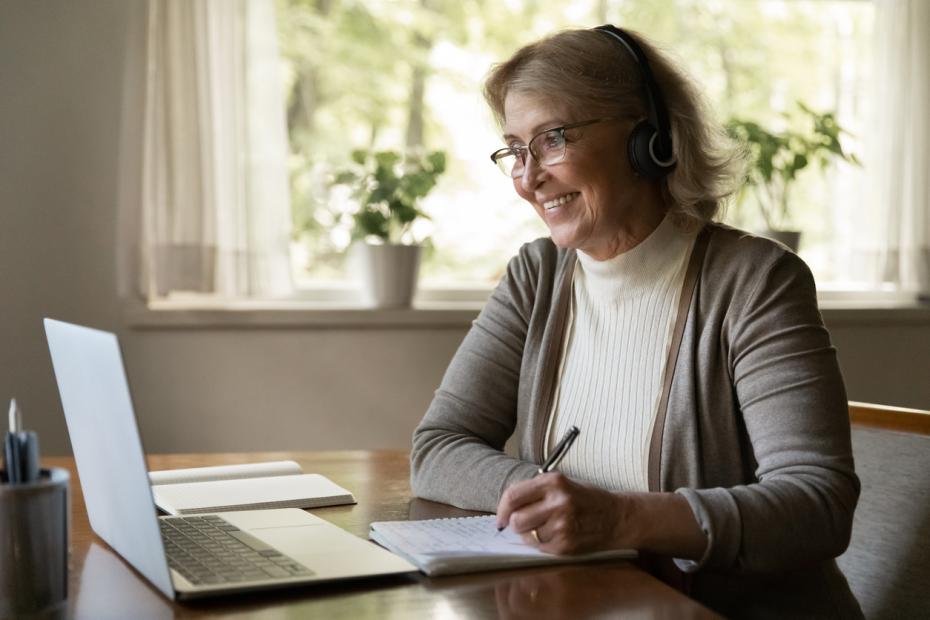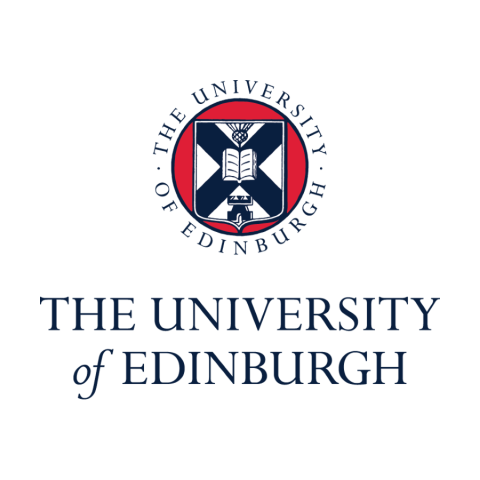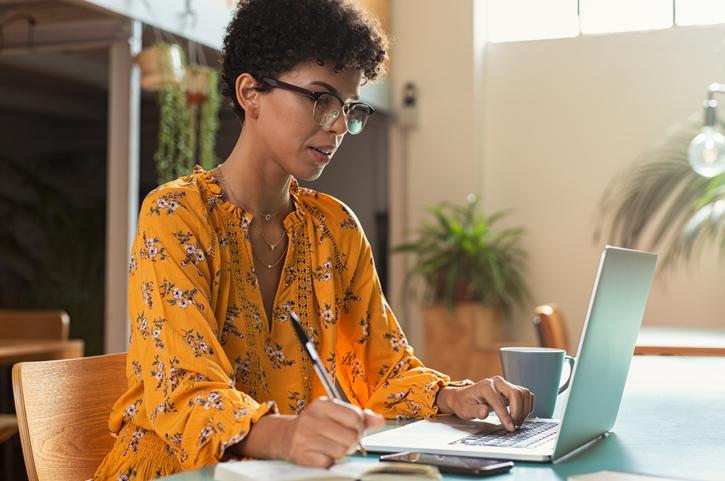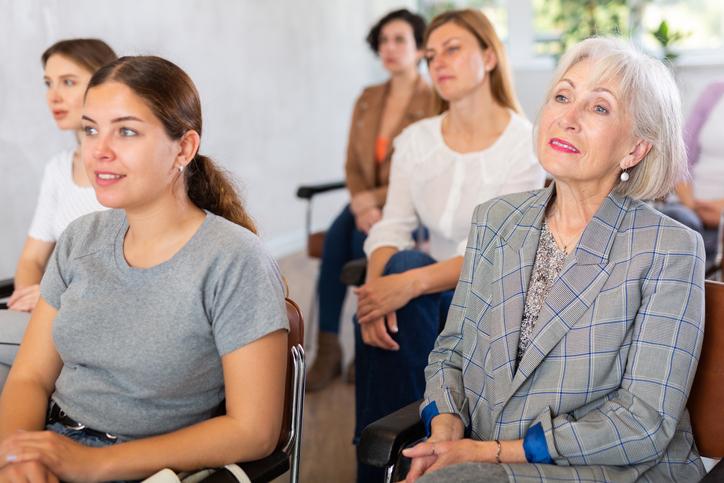
Open educational resources to make lifelong learning accessible to all
In our commitment to delivering high-quality lifelong learning and massive open online courses (Moocs) that are widely accessible at little or no cost, we have embraced the use of open educational resources (OERs). The use of OERs in our online course design workflows for the past 10 years has built our understanding of how to harness and share these resources in order to maximise the benefits for both the learner and the creator. Here I share useful insights for anyone wishing to work with OERs.
Encourage the use and creation of OERs
We advise all teams creating short online courses that both the assets they create and the resources they include in their courses should be OERs. This can, at times, be challenging because there are sometimes limits on what can be freely shared. But online repositories such as TES Resources, Merlot, OERCommons, Pixaby and OpenLearn Create provide a huge range of OERs that can be used as learning and support materials in new courses.
If you are able to make your own open materials, make it a worthwhile investment by creating an institutional repository for OERs. This will encourage other staff and students to embrace OERs and add to your collection.
To encourage this, our workflows include the addition of all media created to our Open Media Bank. This currently holds more than 1,200 pieces of high-quality media created for short online courses, which are freely available for anyone, anywhere in the world to adapt, reuse and reshare.
- Eyes on the horizon collection: Innovations in providing higher education
- THE podcast: the big ideas behind microcredentials
- Resources on lifelong learning
Our OERs are not only created by our media team. We have a successful internship programme through which student interns help build our portfolio of OERs. This allows students to gain valuable work experience and understand what OERs are and how they might use them. It enables our team to connect with students and understand what drives them in their studies and career aspirations.
Over the past year, our media interns have helped film, edit and upload to Pexels, a website for free stock photos and videos – we have added more than 69 stock footage assets, which have been downloaded more than 6,000 times so far in 2023.
Explore new routes to accessible learning
Content we create for Moocs, such as podcasts, videos, photographs, guides, is shared under an open licence, to remove barriers of having it behind a paywall. We strive to ensure that all course resources such as articles are openly licensed. More often than not, even if an original resource is copyrighted, you can find an openly licensed alternative.
When hosted on learning platforms, online courses may incur a fee. We try to overcome this barrier by making it clear on our website that the media content featured in these courses is freely available to access via our Open Media Bank, to work through at students’ own pace. It can also be addressed by working with platform partners to find out which one has the most free-to-access options.
Make sure you have a thorough understanding of the potential barriers to delivering courses on a paid platform, such as the cost of completion certificates that permit ongoing access to a course. You can then start to explore ways to work around this to make your materials accessible. We have been experimenting with the creation of e-books from the course materials. These will be freely available on Edinburgh Diamond, our in-house platform that supports the publication of academic and student-led open access books and journals. Our first e-book, Fundamentals of Music Theory, was developed from a successful Mooc hosted on Coursera, which has been running since 2012. The e-book, launched after a course refresh in 2022, has had more than 10,000 downloads.
Exploring new avenues of dissemination can be daunting but it is a great way to experiment and learn, to upskill staff and to develop new ways to reduce or remove the cost of learning in order to reach new audiences.
Build up your badges
Another area for exploration is recognition of learning through digital badges. Digital badges enable students to share a wide range of verifiable learning and professional achievements across different platforms. They help to demonstrate achievements for learning outside of a degree, such as through short online courses, extracurricular activities, professional skills development and more.
While digital badges, as an alternative form of recognition for learning, have gained little traction until recently, we believe they are here to stay. They are portable and easily visible to potential employers when added to online profiles on websites such as LinkedIn and X. They recognise valuable learning that is not associated with formal university credits.
But such badges must offer genuine value. We are piloting a robust governance process to ensure our badges demonstrate clear value for the learner. Requests to create a badge are peer reviewed and the impetus is to ensure potential employers understand why skills or competencies demonstrated have gained such recognition.
By investing in staff resources and a digital badging platform, institutions can provide learners with a tool to demonstrate their skills to employers, without incurring a financial burden themselves.
In less than six months, 55 badges have been created from seven areas of the university, 1,300 badges have been awarded and shared more than 600 times on platforms such as LinkedIn, Twitter and Instagram. This demonstrates a clear demand for this form of recognition.
Commitment and courage for positive change
Widening access to online resources to all learners requires institutional commitments and investment in time and staffing. Try to find the space to step back and think outside the box in order to explore new avenues for course delivery. By daring to try something new, you can bring positive lasting impacts to non-traditional learners, staff and students who deserve the recognition for their input.
Finally, learn from others. You might not need to reinvent the wheel. There is great value in speaking to other institutions to find out what they have done and then adapting it to fit your needs.
Fiona Buckland is learning technology team manager at the University of Edinburgh.
If you would like advice and insight from academics and university staff delivered direct to your inbox each week, sign up for the Campus newsletter.




